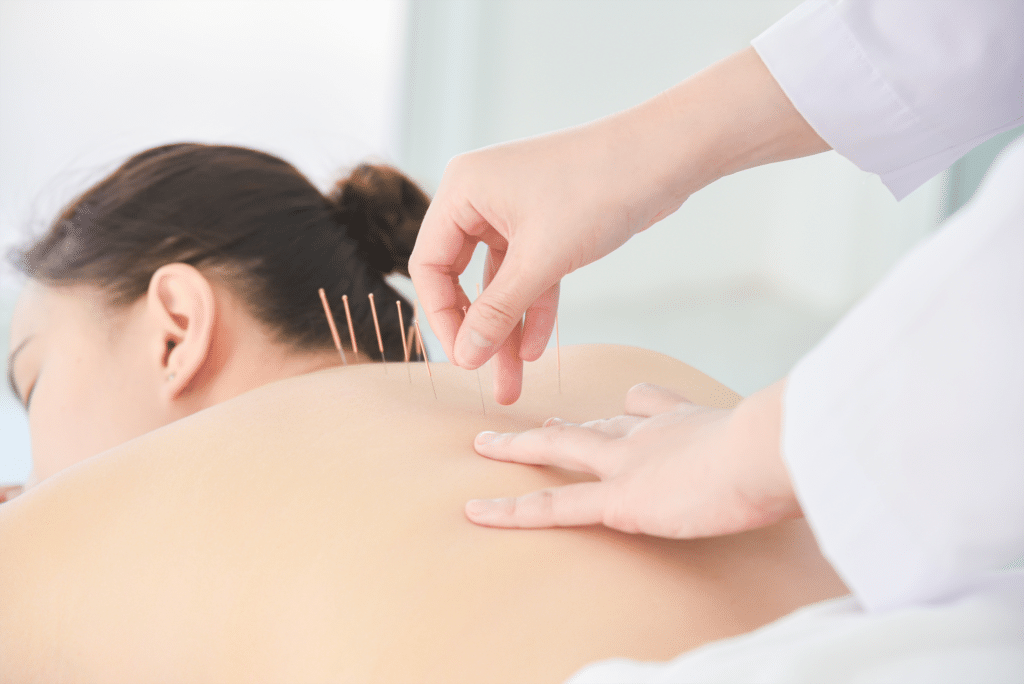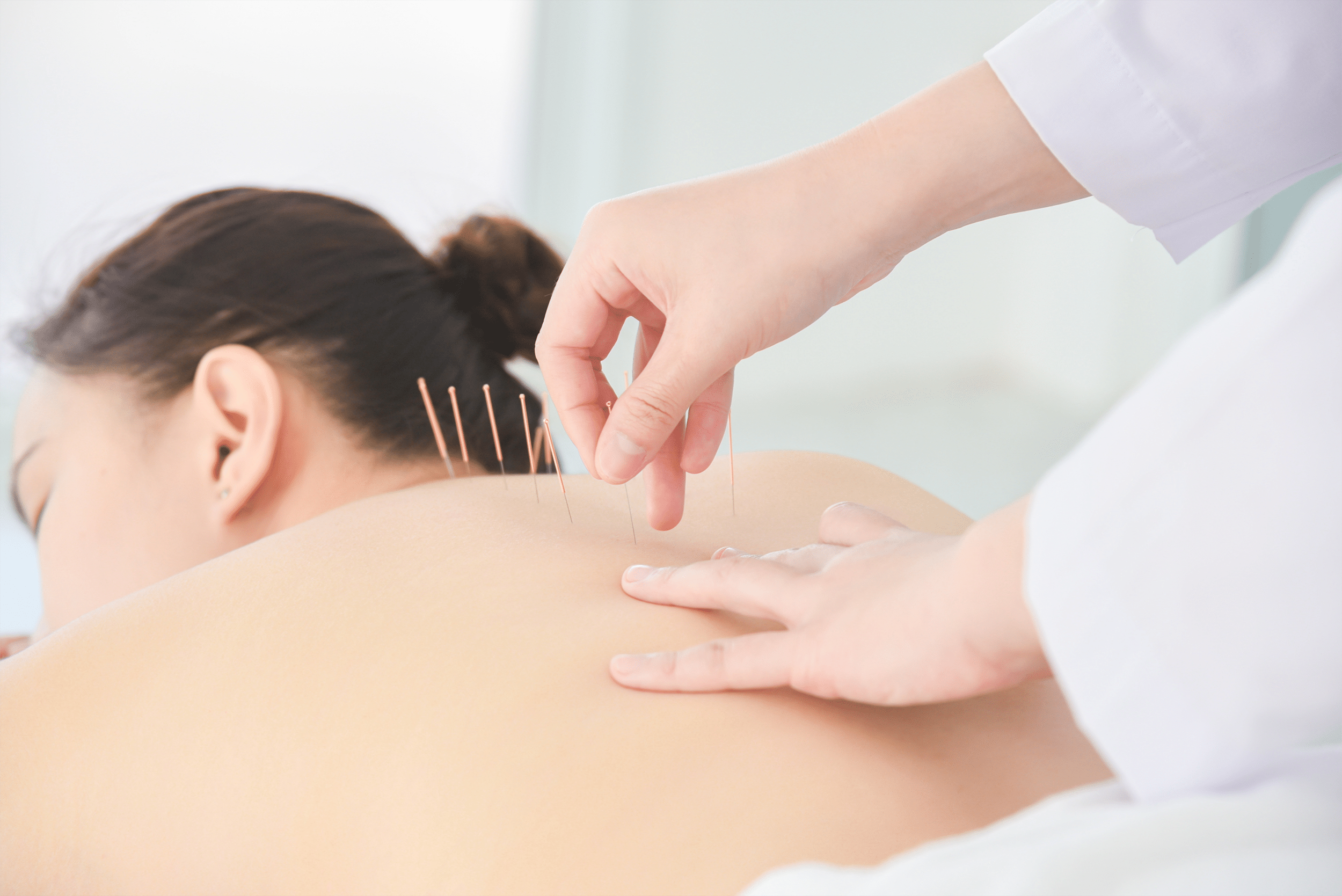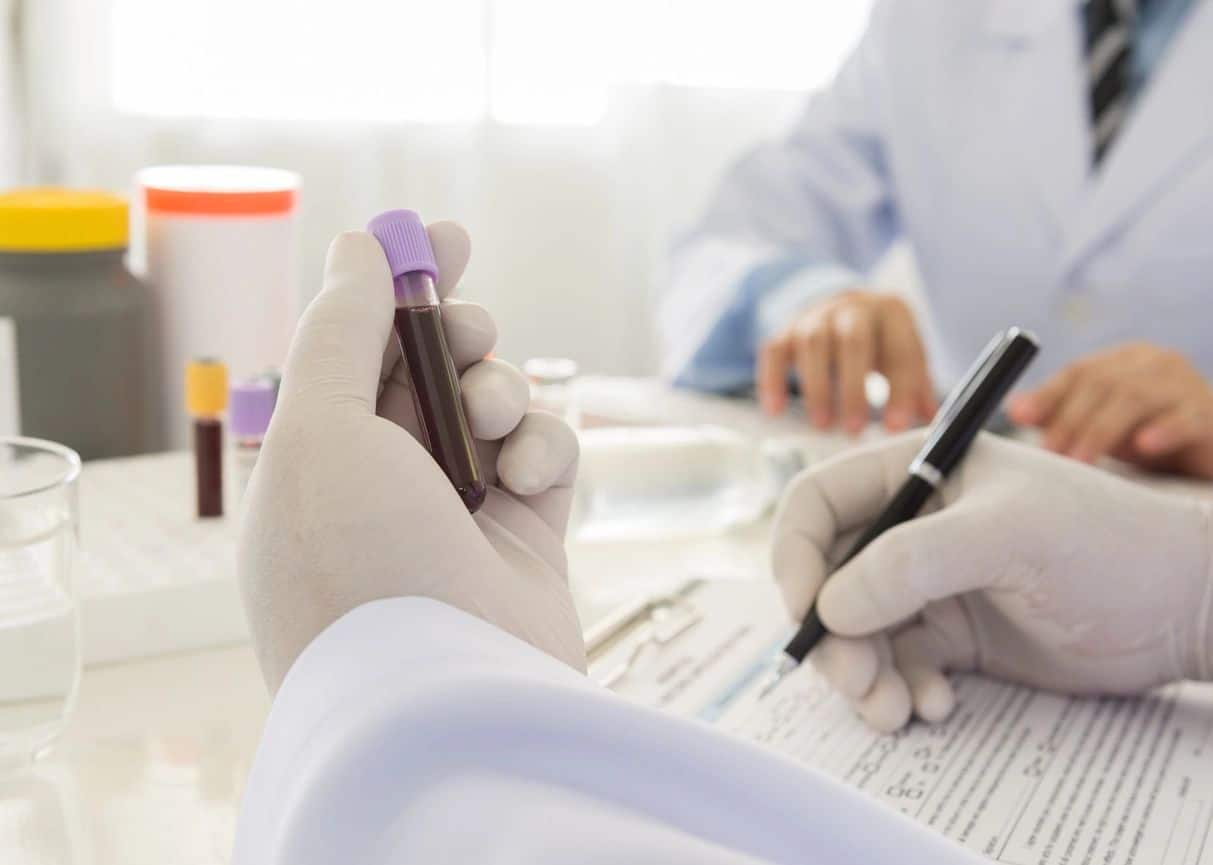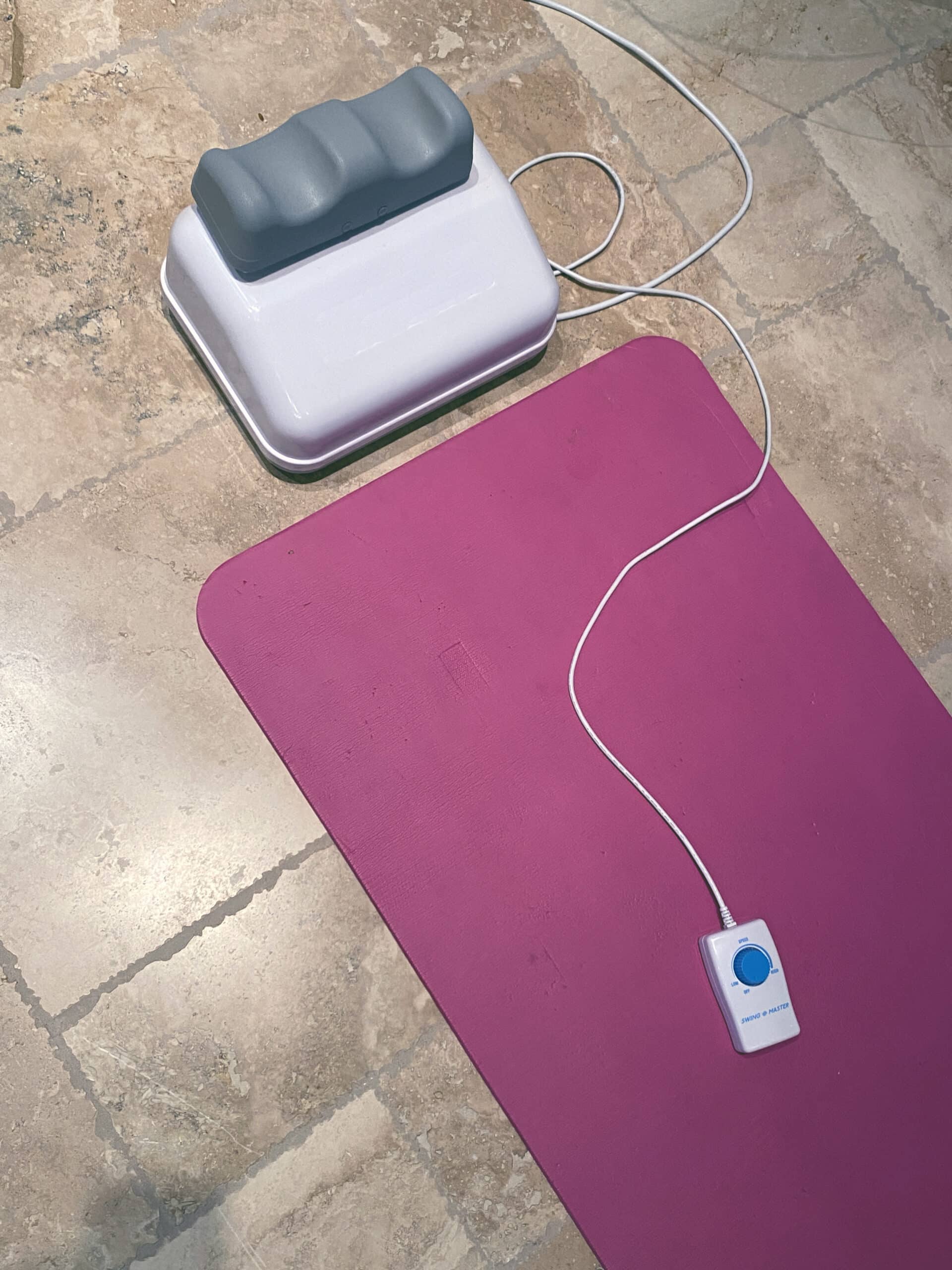
Why I Turned to Acupuncture for CIRS
Living with Chronic Inflammatory Response Syndrome (CIRS) has been a long and exhausting journey. I’ve faced countless symptoms, from brain fog and chronic fatigue to muscle pain and mood issues. Every day felt like an uphill battle as I searched for ways to manage my condition. Conventional treatments gave me some relief, but they never seemed to address the underlying pain or the constant drain on my energy. That’s when I decided to explore acupuncture—and it turned out to be one of the most helpful decisions I’ve made in managing my CIRS.

Like many people with CIRS, I struggled to find a treatment that truly helped manage the wide variety of symptoms I was experiencing. I had tried many things—diet changes, medications, supplements—but something still felt missing. I needed something holistic that could address the root causes of my inflammation and immune dysfunction, not just mask the symptoms.
After hearing about acupuncture, I decided to give it a try. At first, I wasn’t sure how it could help. I’d heard about its benefits for pain relief and stress management, but I wasn’t sure how acupuncture could impact something as complex as what I was dealing with. Still, I was open to exploring any option that might bring me closer to relief.
What I Expected vs. What I Experienced
I had a lot of questions before my first session. Would it hurt? Would it even work for me? The idea of inserting needles into my body felt a bit intimidating, but I also knew that acupuncture had been used for thousands of years to address a variety of conditions, so I decided to trust the process.
When I met my acupuncturist, she was incredibly thorough and patient. She asked detailed questions about my symptoms, my history with CIRS, and my overall health. After a conversation about my specific needs, she explained how acupuncture could potentially help address my chronic inflammation, fatigue, pain, and immune system dysfunction. She assured me that the goal wasn’t just to relieve symptoms temporarily but to help restore balance in my body.
The Acupuncture Experience
During my first session, I lay down on a comfortable treatment table, and the acupuncturist gently inserted tiny, sterile needles into specific points on my body. I was surprised by how little it hurt—some points had a mild tingling sensation, but overall, it was much less invasive than I had imagined. As the session progressed, I started to feel deeply relaxed, almost as if a weight had been lifted from my body.
I was instructed to rest for about 20-30 minutes with the needles in place. In this time, I felt a sense of calm wash over me—something I hadn’t experienced in months. For the first time in a long time, I wasn’t consumed by fatigue or discomfort. It was as if my body had started to shift into a more balanced state.
The Benefits I’ve Seen Over Time
After that first session, I noticed subtle improvements, which quickly grew more significant over time. Here are a few of the ways acupuncture has helped me manage my CIRS symptoms:
Reduced Inflammation
One of the most persistent symptoms of CIRS for me was chronic inflammation. It felt like my body was constantly in a state of flare-up—my joints were achy, my muscles were sore, and I felt stiff all over. Over the course of several acupuncture treatments, I noticed a decrease in inflammation. I was waking up with less joint pain, and my muscles didn’t feel as tight as they once did. It didn’t happen overnight, but the consistent treatments have helped bring noticeable relief.
Improved Brain Fog
Brain fog is one of the most frustrating symptoms of CIRS. It’s like trying to get through Jello, and no matter how hard I tried, I couldn’t concentrate or remember simple things. After a few acupuncture sessions, I began noticing that my mind felt clearer. I wasn’t experiencing the same mental cloudiness, and I could focus on tasks longer without feeling overwhelmed or exhausted. It wasn’t a dramatic shift at first, but with each session, the fog started to lift, and I felt more like myself again.
Boosted Energy Levels
Fatigue is probably one of the most debilitating aspects of CIRS. Some days, I could barely get out of bed, and even simple tasks felt impossible. Acupuncture has helped improve my energy levels, even when my CIRS symptoms were flaring up. I’ve found that after a session, I feel more alert and less drained. While it doesn’t completely eliminate my fatigue, it has helped make it more manageable, allowing me to have better days where I can engage in activities without crashing afterward.
Pain Relief
Acupuncture has been incredibly effective at helping manage the muscle and joint pain that comes with CIRS. By targeting specific acupoints related to pain and inflammation, I’ve found that my overall discomfort has lessened. I don’t need to rely on painkillers as much, and I’m able to engage in daily activities with less pain overall.
Stress Relief and Better Sleep
One of the unexpected benefits of acupuncture has been its impact on my stress levels and sleep quality. Dealing with chronic illness can take a mental toll, and I often found myself anxious and unable to sleep properly. After acupuncture sessions, I’ve noticed that I’m more relaxed and able to sleep better at night. My sleep is deeper, and I wake up feeling more rested. This, in turn, helps me manage my other symptoms, as quality sleep is essential for healing.
Acupuncture as Part of a Holistic Approach
What I’ve learned through my acupuncture experience is that it doesn’t work in isolation. It’s part of a broader holistic approach to managing my CIRS. While acupuncture has made a significant difference in reducing my symptoms and improving my quality of life, I also focus on other aspects of my health, like a clean, toxin-free living environment, a supportive diet, and stress management (the list goes on and on…). Together, these efforts create a more balanced, comprehensive plan for managing my symptoms.
I’ve also found that acupuncture works best when I’m consistent with my treatments. In the beginning, I had weekly sessions, and now I go every few weeks for maintenance. It’s not a quick fix, but rather a long-term strategy that supports my healing process.
Conclusion
Acupuncture has been an unexpected but incredibly valuable tool in managing my CIRS. While it’s not a cure, it has brought much-needed relief and balance to my life. The chronic pain, fatigue, and brain fog that once seemed unmanageable have improved, and I’ve learned to approach my CIRS journey with more hope and patience. If you’re struggling with CIRS and have tried various treatments without finding lasting relief, I highly recommend considering acupuncture as part of your healing journey. It might just offer the balance and support your body needs to begin the recovery process.
Healing is a process, and acupuncture has been one of the most supportive steps I’ve taken toward feeling better. If you’re open to it, it could be a game-changer for you too.






